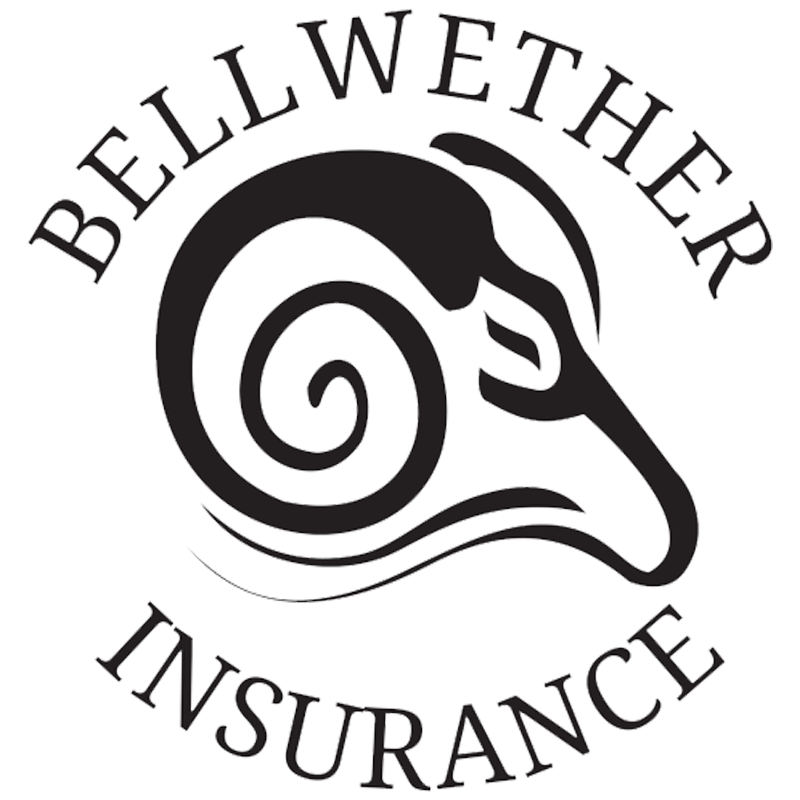What Happens If Your Liquor License is Revoked? Protecting Your Ohio Business
See How We're Different
or call us: 216-600-2828
Operating a business that serves alcohol in Ohio can be a lucrative venture, but it comes with its own set of challenges and responsibilities. One of the most critical aspects of running such an establishment is maintaining a valid liquor license. The revocation of this license can have severe consequences for your business, potentially leading to financial losses and even closure. Understanding what happens if your liquor license is revoked and how to protect your business is essential for any Ohio business owner in the hospitality industry.
Understanding Liquor License Revocation
Reasons for Revocation
Liquor licenses can be revoked for a variety of reasons, each of which underscores the importance of adhering to state regulations. Common causes include serving alcohol to minors, exceeding capacity limits, and failing to maintain a safe environment for patrons. Additionally, repeated violations of state liquor laws, such as serving intoxicated individuals or operating outside of permitted hours, can also lead to revocation.
Other reasons might include non-compliance with health and safety regulations, tax evasion, or criminal activity on the premises. It's crucial for business owners to be aware of these potential pitfalls and ensure that their staff is well-trained in compliance and responsible service practices.
Immediate Consequences
Once a liquor license is revoked, the immediate impact on your business can be devastating. You will be required to cease all alcohol sales immediately, which can significantly reduce your revenue, especially if alcohol sales constitute a large portion of your business. This sudden loss of income can affect your ability to pay bills, employees, and other operational costs.
Moreover, the revocation of your liquor license can damage your reputation. Customers may lose trust in your establishment, and it can be challenging to regain their confidence even if you manage to reinstate your license. The negative publicity associated with a revoked license can linger, impacting your business long-term.
Steps to Take if Your Liquor License is Revoked
Assess the Situation
The first step in addressing a revoked liquor license is to thoroughly assess the situation. Understand the specific reasons for the revocation and gather all relevant documentation. This includes any notices from the Ohio Division of Liquor Control, inspection reports, and correspondence related to the violation. Having a clear understanding of the issues at hand is crucial for determining the best course of action.
Consulting with a legal expert who specializes in liquor laws can provide valuable insights into the revocation process and potential remedies. They can help you interpret the legal jargon and advise on the feasibility of appealing the decision or applying for a new license.
Consider an Appeal
If you believe the revocation was unjust or based on incorrect information, you may have the option to appeal the decision. The appeal process involves presenting your case to the Ohio Liquor Control Commission. This process can be complex, requiring a detailed understanding of the law and the ability to present compelling evidence and arguments.
During the appeal, it is essential to demonstrate that the issues leading to the revocation have been addressed or were unfounded. This might involve showing evidence of staff retraining, policy changes, or rectification of any cited violations. A successful appeal can result in the reinstatement of your license, allowing you to resume alcohol sales.
Implement Corrective Measures
Whether or not you choose to appeal, implementing corrective measures is vital to prevent future issues. This might include revising your business policies, enhancing staff training programs, and improving compliance with state regulations. Regular audits and inspections can help identify potential problems before they escalate into serious violations.
Consider investing in technology solutions that aid in compliance, such as ID scanners to prevent underage sales or software that tracks sales and inventory to ensure adherence to capacity and sales limits. These tools can help you maintain a compliant and safe environment for your patrons.
Preventing Liquor License Revocation
Regular Training and Education
One of the most effective ways to prevent liquor license revocation is through regular training and education for your staff. Ensure that all employees are well-versed in Ohio's liquor laws and understand the importance of compliance. Training should cover topics such as identifying fake IDs, recognizing signs of intoxication, and understanding the legal consequences of violations.
Regular refresher courses and updates on any changes in legislation can help keep your team informed and vigilant. Encouraging a culture of responsibility and accountability can significantly reduce the risk of violations occurring in your establishment.
Maintain Open Communication with Authorities
Establishing and maintaining a good relationship with local authorities and the Ohio Division of Liquor Control can be beneficial. Open communication can provide you with insights into regulatory changes and expectations, helping you stay ahead of compliance requirements. Authorities may also offer resources and support to help you maintain your license in good standing.
Participating in community meetings and engaging with local law enforcement can also demonstrate your commitment to operating a responsible business. This proactive approach can be advantageous if you ever face scrutiny or need assistance from regulatory bodies.
Conduct Regular Internal Audits
Regular internal audits can help identify potential compliance issues before they become significant problems. These audits should assess all aspects of your business operations, from sales practices to health and safety standards. By identifying and addressing issues early, you can prevent violations that might lead to license revocation.
Consider hiring an external consultant to conduct these audits periodically. An outside perspective can provide an unbiased assessment of your operations and offer recommendations for improvement. Implementing these recommendations can enhance your compliance efforts and protect your business from potential legal challenges.
Legal and Financial Implications
Impact on Business Operations
The revocation of a liquor license can have far-reaching implications for your business operations. Without the ability to sell alcohol, you may need to adjust your business model, potentially shifting focus to food sales or other revenue streams. This transition can be challenging and may require significant changes to your marketing and operational strategies.
Additionally, the loss of alcohol sales can impact your customer base, as patrons may choose to frequent establishments where they can enjoy both food and drinks. This shift can lead to a decline in foot traffic and overall sales, affecting your bottom line.
Financial Consequences
The financial consequences of a revoked liquor license can be severe. In addition to the immediate loss of revenue from alcohol sales, you may face fines and penalties associated with the violations that led to the revocation. Legal fees for appealing the decision or applying for a new license can also add to your financial burden.
Furthermore, if your business is unable to recover from the loss of its liquor license, you may face the prospect of closure. This outcome can have long-term financial implications, including the loss of your initial investment and potential bankruptcy.
Insurance and Liability Considerations
Insurance coverage is an important consideration for businesses that serve alcohol. The revocation of your liquor license can affect your insurance policy, potentially leading to increased premiums or the loss of coverage altogether. It's essential to review your policy and understand how a revoked license might impact your coverage and liability.
In some cases, you may need to obtain additional coverage to protect your business from potential lawsuits or claims related to alcohol service. Consulting with an insurance expert can help you navigate these complexities and ensure that your business remains protected.
Conclusion
Protecting your Ohio business from the consequences of a revoked liquor license requires a proactive and informed approach. By understanding the reasons for revocation, taking immediate action if your license is revoked, and implementing preventive measures, you can safeguard your business and ensure its continued success. Regular training, open communication with authorities, and internal audits are key strategies for maintaining compliance and avoiding the pitfalls that can lead to license revocation. With diligence and commitment, you can protect your business and continue to thrive in Ohio's competitive hospitality industry.












